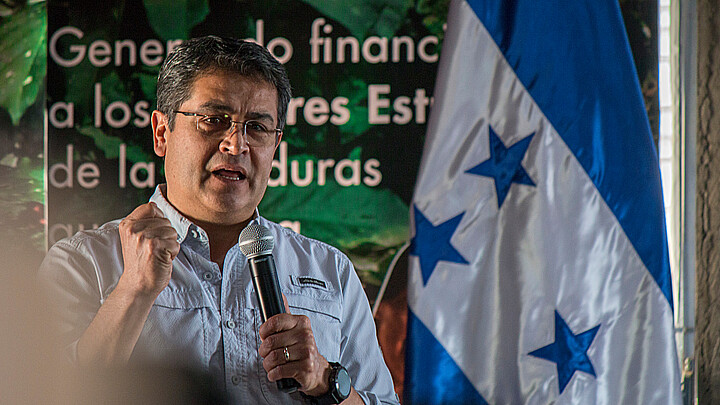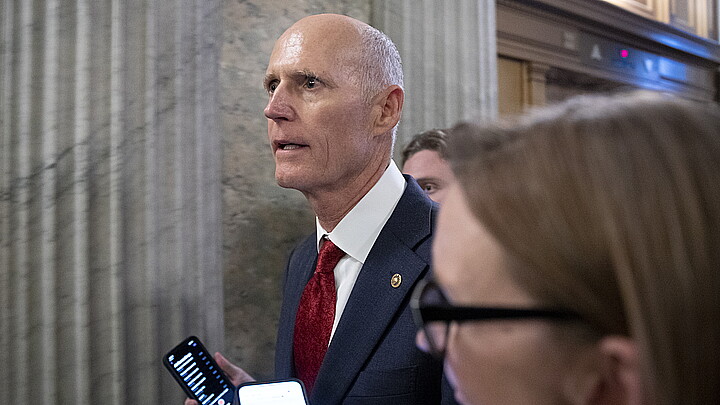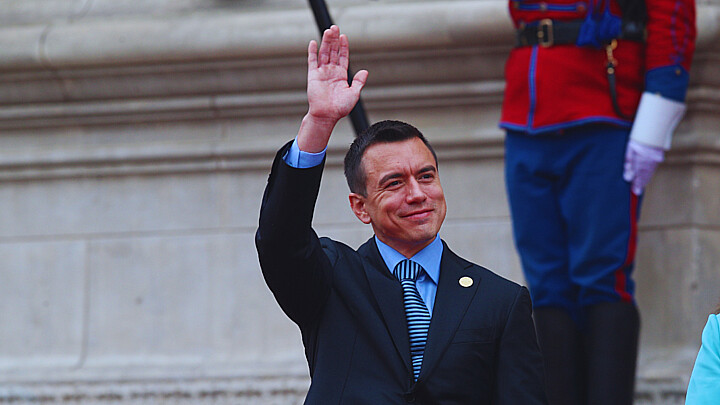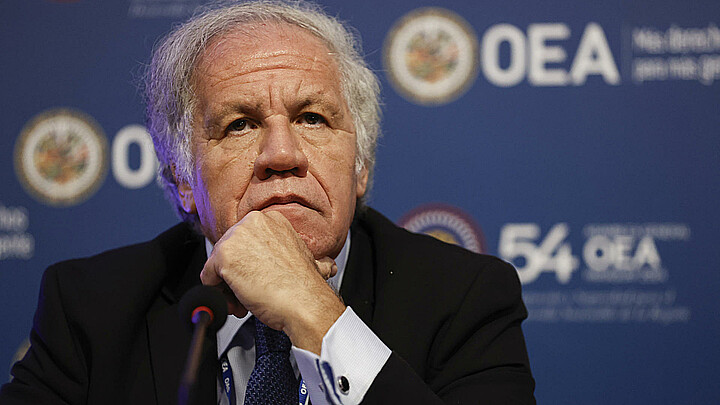Politics
Are Muslim universities the next big thing in Latin America?
Latin American Islamic associations recently gathered in Sao Paulo, Brazil to sign an agreement to establish the Latin American and Caribbean Islamic University
January 25, 2022 2:31pm
Updated: January 25, 2022 3:24pm
Latin American Islamic associations recently gathered in Sao Paulo, Brazil to sign an agreement to establish the Latin American and Caribbean Islamic University, the Saudi Arabian news outlet Arab News reported.
According to a statement, Brazil’s Islamic Dissemination Center for Latin America (CDIAL) and the Supreme Council of Imams and Islamic Affairs in Latin America and the Caribbean hope that the establishment of the new university will allow future Muslim leaders to study in the region, without the need to move to the Middle East or other Muslim countries.
Initially, the new university will be headquartered in Sao Paulo and Mexico City – thus targeting both Spanish and Portuguese speaking students.
“We’re beginning with the cities with a higher number of potential students. But our idea is that other countries create their own branches in the future,” said CDIAL Vice President Ziad Saifi.
Saifi also noted that the project was inspired by traditional Islamic universities such as the Islamic University of Madinah in Saudi Arabia and Al-Azhar University in Egypt.
“The university’s goal is not only to educate future sheikhs, but any person who wants to deepen his or her knowledge of Islam,” he added.
But not only Muslims will be welcome to enroll in classes, said Sheikh Abdelhamid Metwally, the university’s first president and academic director.
“We want to educate people in Islamic culture and tradition. We certainly will be able to work on the formation of sheikhs. Students who desire to pursue such a path will be able to continue their studies,” he added.
“But we also want to simply educate people on Islam. Both Muslims and non-Muslims need to have a better understanding of our religion.”
Sheikh Mohamed Mansour, who will coordinate the Spanish-language courses in Mexico City, believes it is ultimately desirable to train Latin American religious leaders who will work in the region.
“We need to educate people here so they can think from here. Many times, people go to the Middle East to study and when they come back, they want to impose the Middle Eastern culture in Latin America. That’s not possible,” he told Arab News.
Islam has been growing throughout Latin America and the Caribbean, “but we aren’t growing well if we don’t have true knowledge,” Mansour said. “We need an academic foundation, something that goes beyond the mosques’ teaching.”
However, this is not the only academic endeavor presently being undertaken by Middle Eastern actors in Latin America.
On Monday, The National Autonomous University of Nicaragua (Unan-Managua) and the Allameh Tabatabai University (ATU) of Iran signed a memorandum of understanding promising to strengthen academic ties and to promote the exchange of students and faculty.
The Nicaraguan ambassador to Iran, Isaac Bravo, and the head of mission of the Iranian embassy in Managua, Majib Salehi, were present at the ceremony, informed the Nicaraguan Executive, Infobae reported.
Even though Iran’s budding relationship with Nicaragua might appear innocent, it is important to remember that Iran is one of the few countries that recognizes Nicaraguan dictator Daniel Ortega’s recent electoral victory and has promised to make inroads in the region in order to secure a geopolitically strong foothold in the region.
Earlier this month, a senior Iranian official charged with helping orchestrate the 1994 bombing of a Jewish center in Buenos Aires was spotted in Managua on Monday, where he attended the sham-inauguration of Nicaraguan dictator Daniel Ortega.
Mohsen Rezaei, a former leader of Iran’s Revolutionary Guard, is currently wanted by Argentina on an Interpol “Red Notice” for “aggravated murder and damages” in the bombing of the AMIA, a Buenos Aires Jewish cultural center, which left 85 dead and 229 injured.
The paramilitary leader's presence at the investiture of Nicaragua’s dictator has provided further proof that Latin America’s “socialist, authoritarian wave” is willing to disregard the rule of law – while also inviting hostile regimes into the Western Hemisphere.
Argentina’s Foreign Ministry said Tuesday that Rezaei’s appearance in the region was “an affront to Argentine justice and to the victims of the brutal terrorist attack″ in the Argentine capital.










